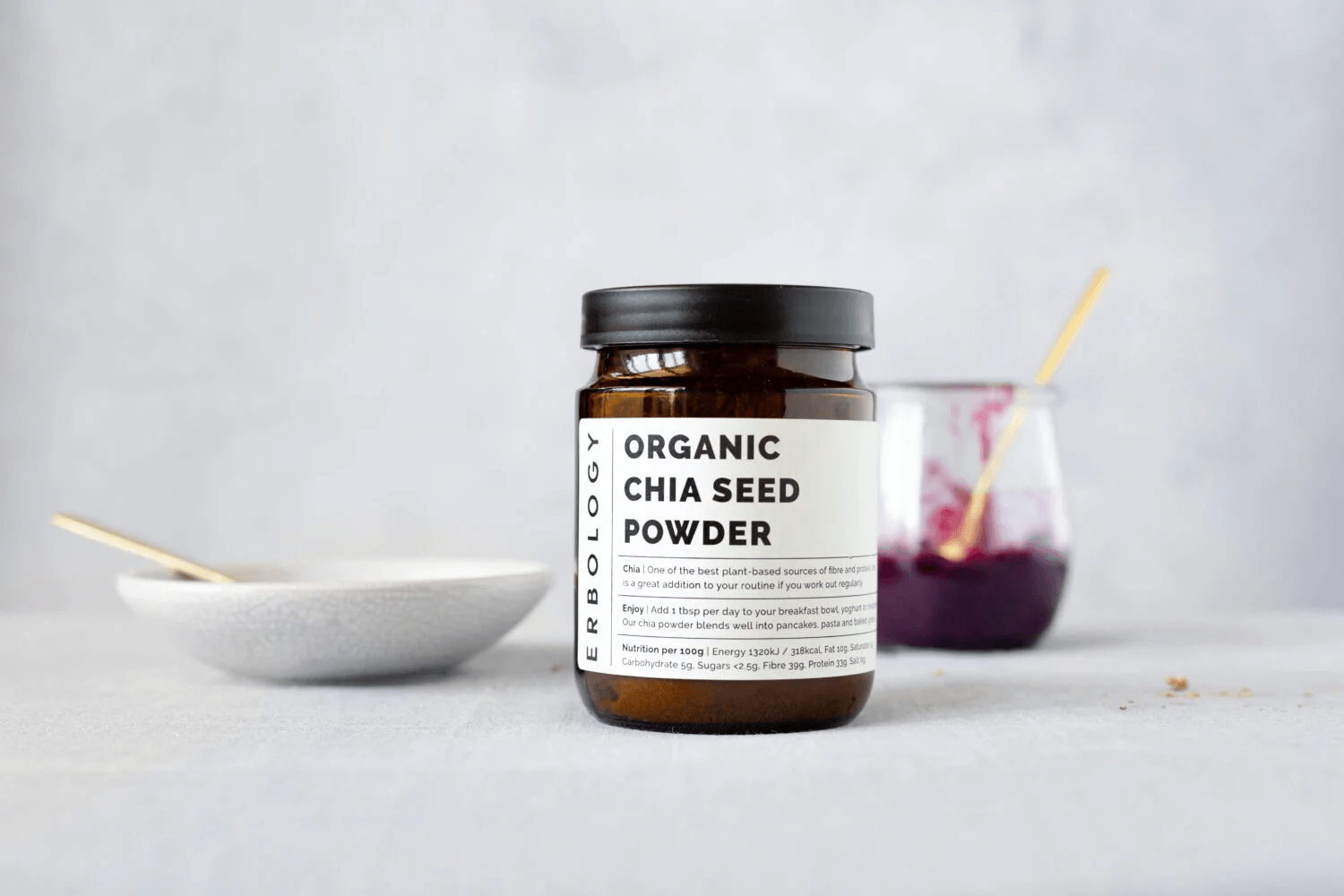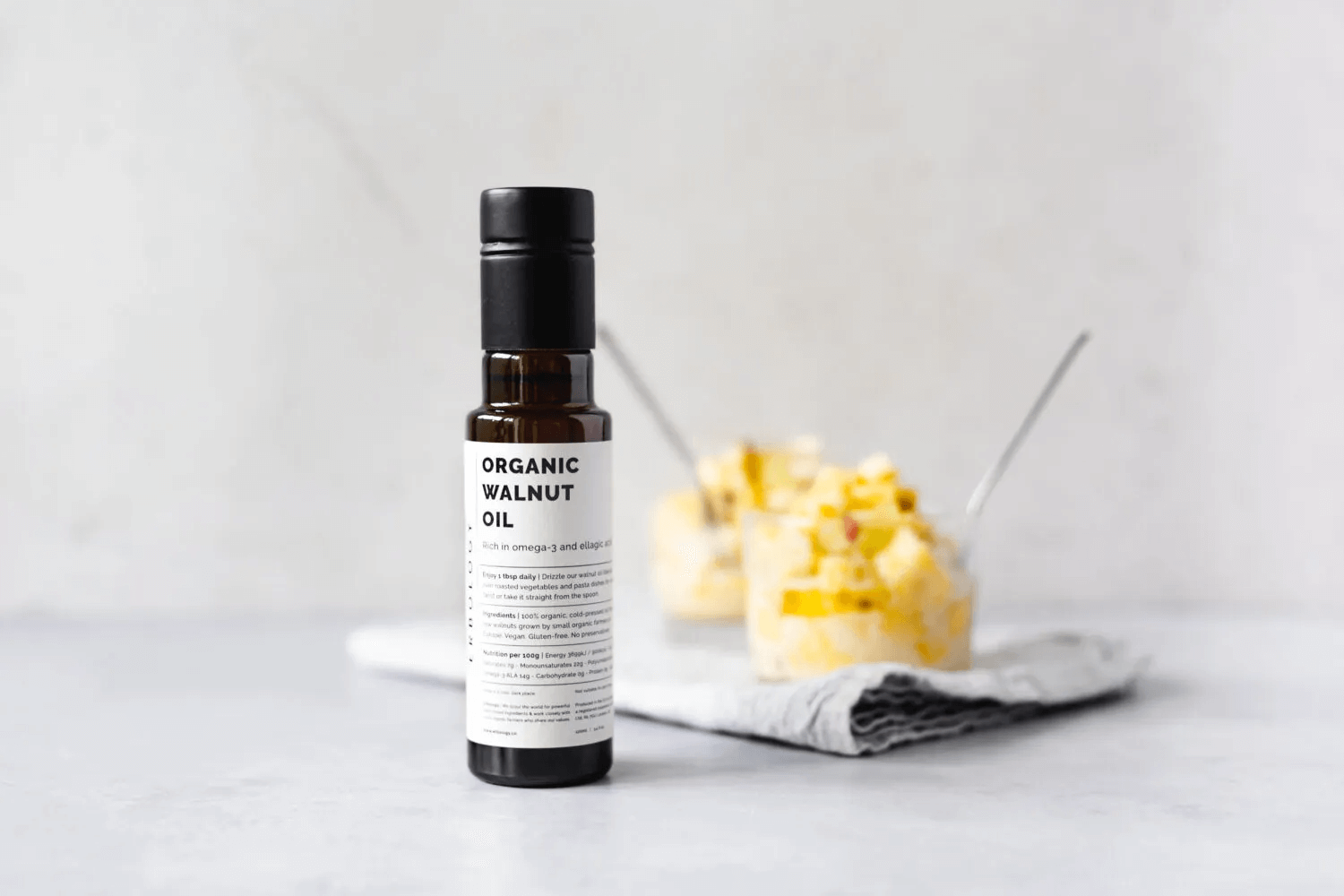24 May 2022
What supplements should I take?
The rise of dietary supplements
Dietary supplements have boomed in recent years to become an extremely lucrative business. The supplement industry targets several different age groups and demographics, however older adults in particular make up a big part of supplement sales. In fact, a survey of adults aged over 60 years found that 70% take a daily supplement, over half take one or two supplements and just under one third take at least four supplements.(1)
The question is, are supplements necessary? Or are they just a waste of money? Why do people take them and if they are helpful, which supplements should you take? One thing is for sure, supplements should never be a substitute for a healthy and balanced diet.
![]()
Much like you cannot “out-exercise a bad diet”, you also shouldn’t aim to “out-supplement a bad diet”! In fact, focusing on attaining health through supplements can take the attention away from healthy lifestyle habits which can be much more beneficial for your health.
The term supplement is a generic name that encompasses a myriad of different products from vitamins and minerals to botanicals, hormones and biosimilars. In general however, supplement refers to a single vitamin or mineral pill or a multivitamin which by definition contains at least 10 vitamins and/or minerals.
Conflicting evidence
Despite their popularity, supplements are not “miracle pills” and do not always live up to their claims. Indeed, a group of researchers investigated the effects of supplemental vitamins and minerals on cardiovascular disease prevention. They found that the top four most commonly used supplements: multivitamins, calcium, vitamin D and vitamin C did not offer significant protection against the risk of cardiovascular disease.(2)
Conversely, there is some evidence that certain supplements may confer some benefits. For example, Harvard researchers looked at the effects of a daily multivitamin in men over an 11 year period. They found that those who took the multivitamin had an 8% decreased risk of cancer and a 9% lower risk of developing cataracts compared to a placebo group.(3)
The conflicting evidence makes it challenging to make absolute claims regarding supplements. However, there are other factors at play, from marketing tactics to psychological beliefs which continue to steer people towards supplements.
![]()
Related reading
undefined

Organic Chia Seed Powder

Organic Walnut Oil

Organic Chia Seed Powder

